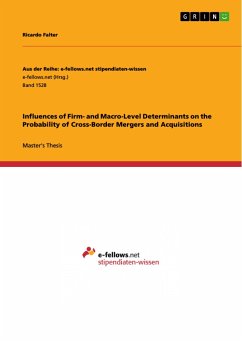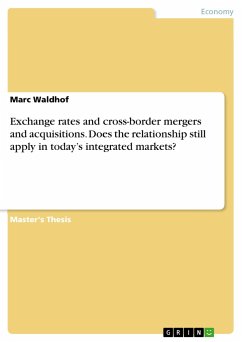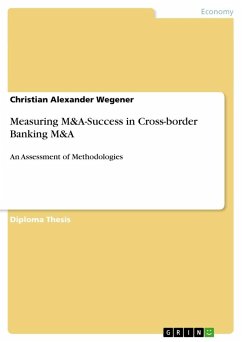Research Paper (undergraduate) from the year 2008 in the subject Business economics - Economic Policy, grade: 1,7, University of Applied Sciences Berlin, course: International Business Strategy, language: English, abstract: Over the past 30 years, there were two main vehicles through which companies have globalised: international strategic alliances and cross-border Mergers & Acquisitions (M&As).Both vehicles are instruments used by companies to increase their global reach and competitiveness. In the new economy, alliances and M&As seem to be the normal way of doing business. Although strategic alliances and M&As are not a recent phenomena, their pace of growth and the variety of their forms has been increasing.When dealing with strategic alliances and M&As, four main questions arise:What are the drivers of strategic alliances and M&As? Which sources of success and failure offer these two growth vehicles? Are there specific determinants that are decisive in the process of establishing a strategic alliance or doing a merger or acquisition? And why do so many M&A fail?To answer these questions chapter 1 deals with the rationale for strategic alliances and M&As by outlining key points of the past development. Chapter two clarifies the different types of international alliances and their advantages and disadvantages. It also describes success criteria being important forforming strategic alliances by clarifying the major steps in analysing strategic alliances. To combine theory and praxis, chapter three ends with a short case study about the Renault-Nissan Alliance stating the key success factors. The chapter three is about cross-border M&As by focussing on their the two phases - the pre-acquisition phase and the post-acquisition phase. It describes how companies should decide, give value and negotiate the deal and underlines important managerial processes involved in the integration of the merged company. By analysing the reasons for M&A failures, this chapter underlines the importance of integration for the M&A deal. A short case study of an important acquisition in the banking sector completes chapter 3. Finally chapter 4 summarises the main results.








